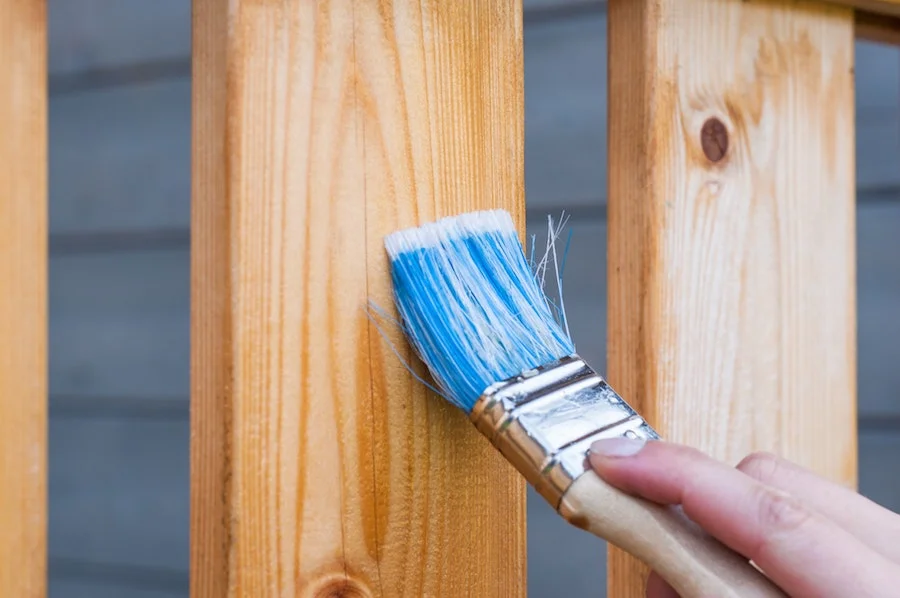As the end of summer draws nearer and the school supplies start to line store shelves you may want to consider squeezing in one last little break before the latter half of the year begins. With only a few weeks left in the summer traveling too far afield may be out of the question. Why not consider an Atlanta staycation?
Here is a list of some great options in and around the Atlanta area for a fun-filled vacation-vibe day out.
Atlanta Area Staycation Destinations
1. For the Family
Ponce City Market: The Rooftop
You can easily make a full day out of visiting Ponce City Market. They recently opened Rooftop has old-fashioned carnival games, mini golf, rides and a beer garden with breathtaking views of the city. Not into beer? No problem at Ponce. Just take the elevator down to the food hall to explore a foodie's paradise with unique quick food options to satisfy the picky eaters all the way through to the most adventurous palates.
Ready to walk off that meal? Check out the one of a kind boutique shops with items from local Atlanta-area artisans (psst, they make wonderful gifts for family and friends).
2. For the Couples
Mandarin Oriental Buckhead
With an indoor pool, full-service spa and surrounded by the famous nightlife, shopping and dining of Buckhead, a night at the 5-star Mandarin Oriental will definitely make you feel like you've left town.
The best part? You might just be able to justify the expensive room rate since you're only staying one night and you don't need to buy plane tickets or rent a car!
3. For the Nature Lovers
Serenbe
Take a day or overnight trip to Serenbe and you'll feel miles away from the busy city life. Hidden away in the farm fields of Chattahoochee Hills, about an hour south of the City, you'll find a surprisingly unique self-sustaining community, unlike anything you've ever seen.
Taking farm-fresh to a whole new level, Serenbe is becoming well known nationwide for it's leading example of new urbanism design. A peaceful town with a few shops, a lot of character and nature surroundings, it's just the thing if you're looking for a bit of downtime. Check out the fried chicken at The Inn, it's amazing!























